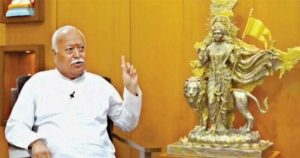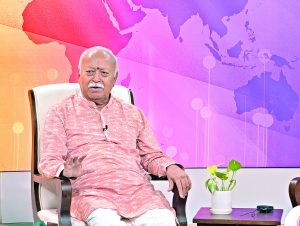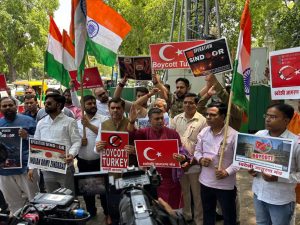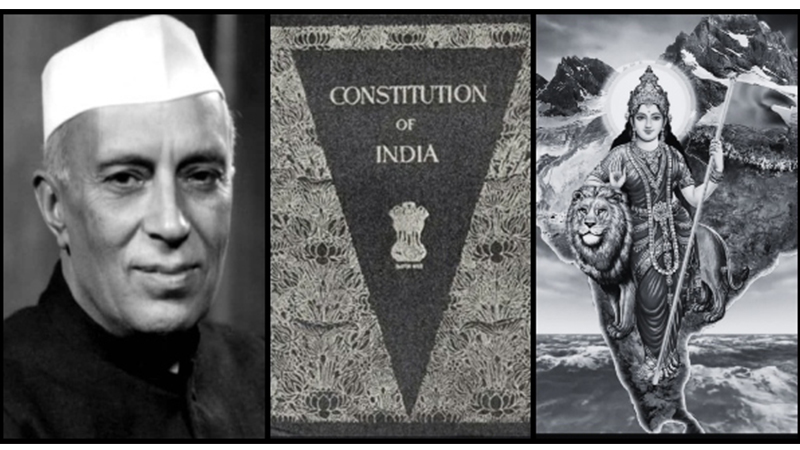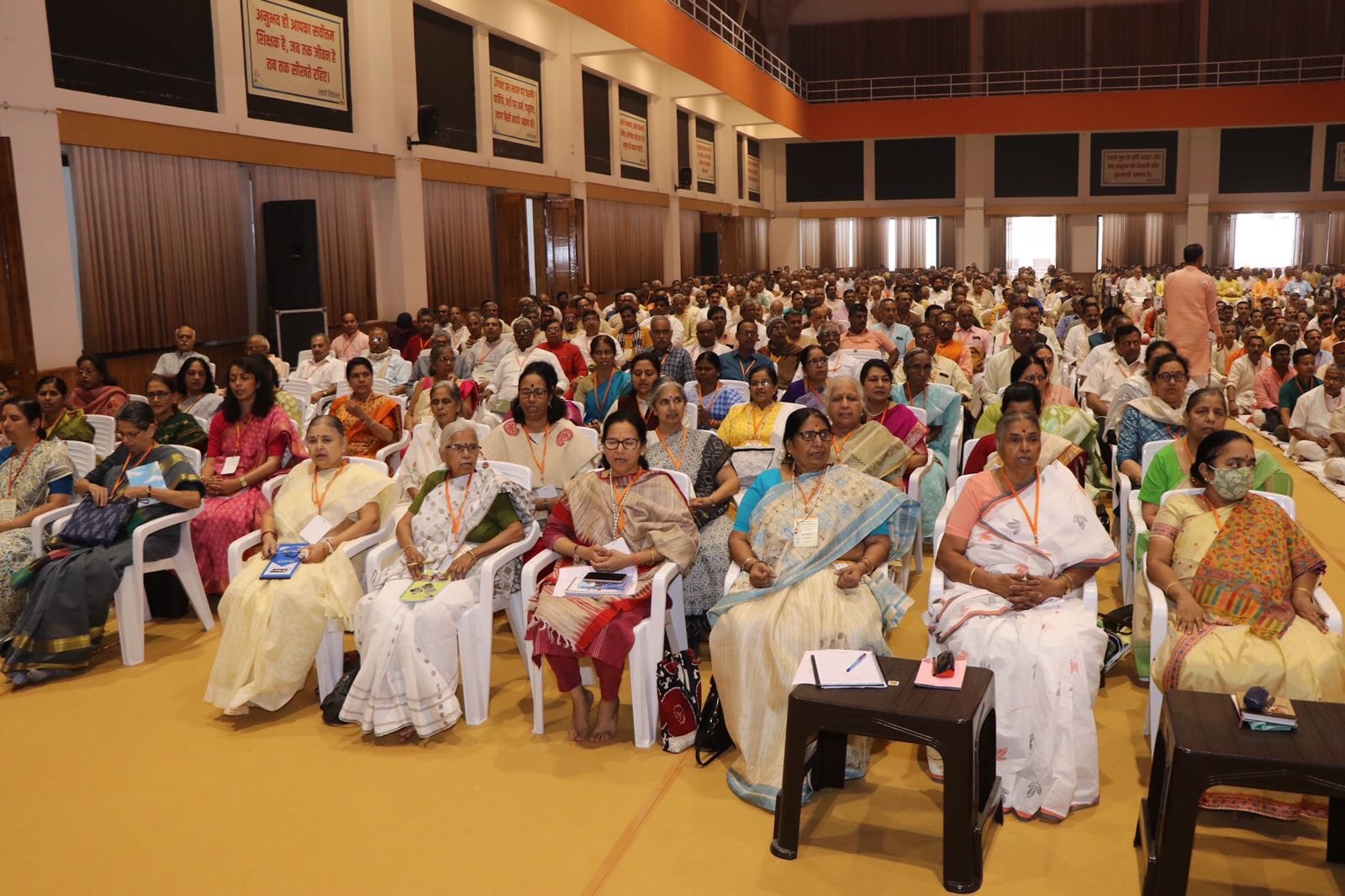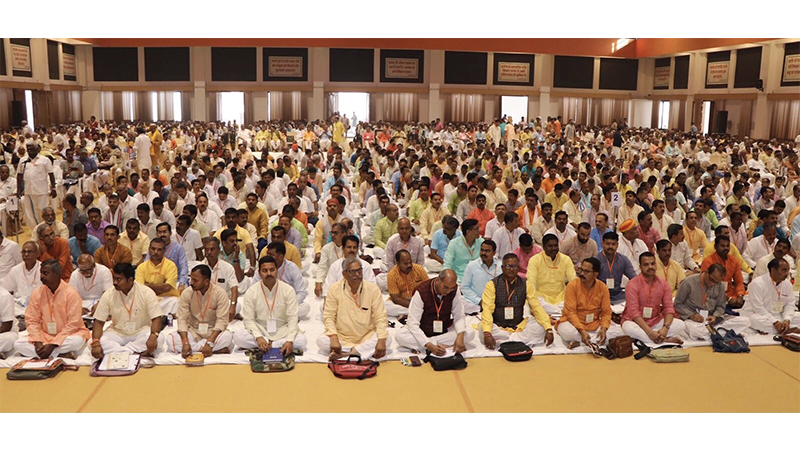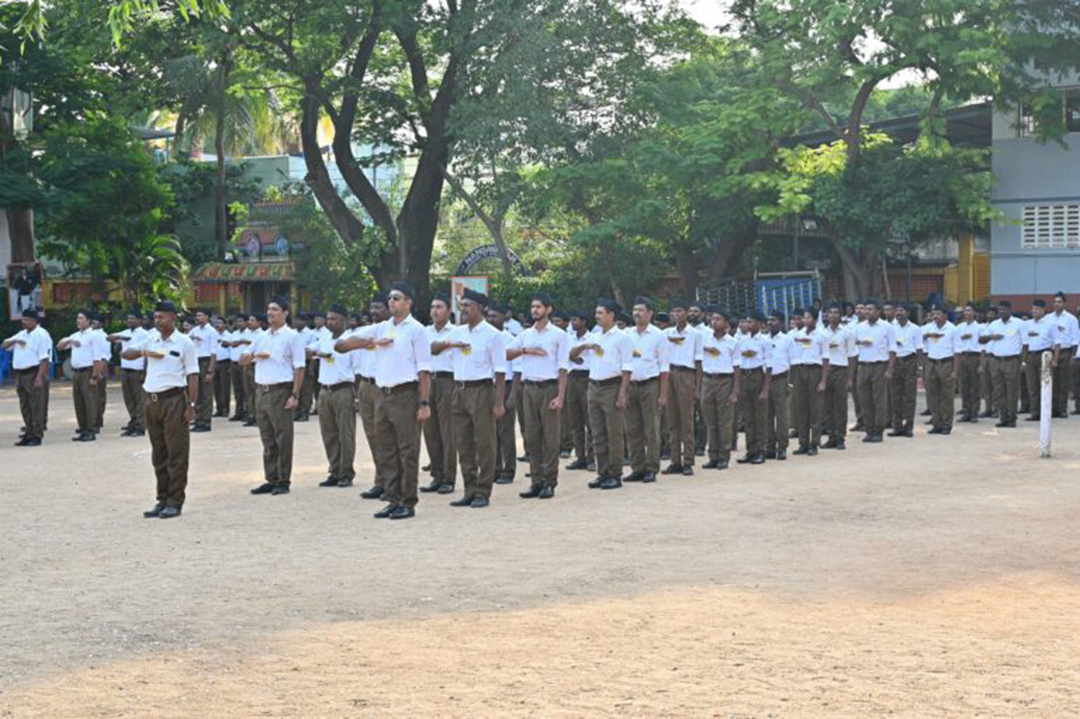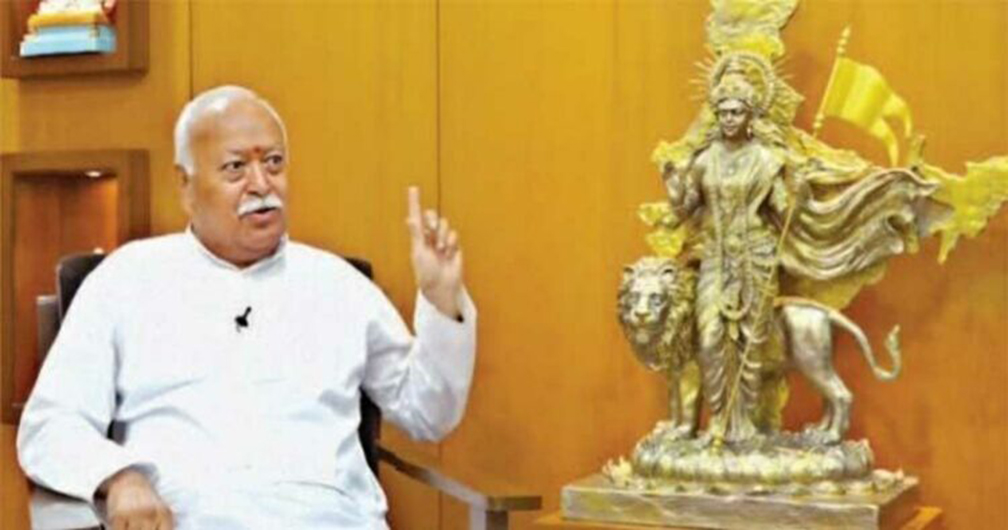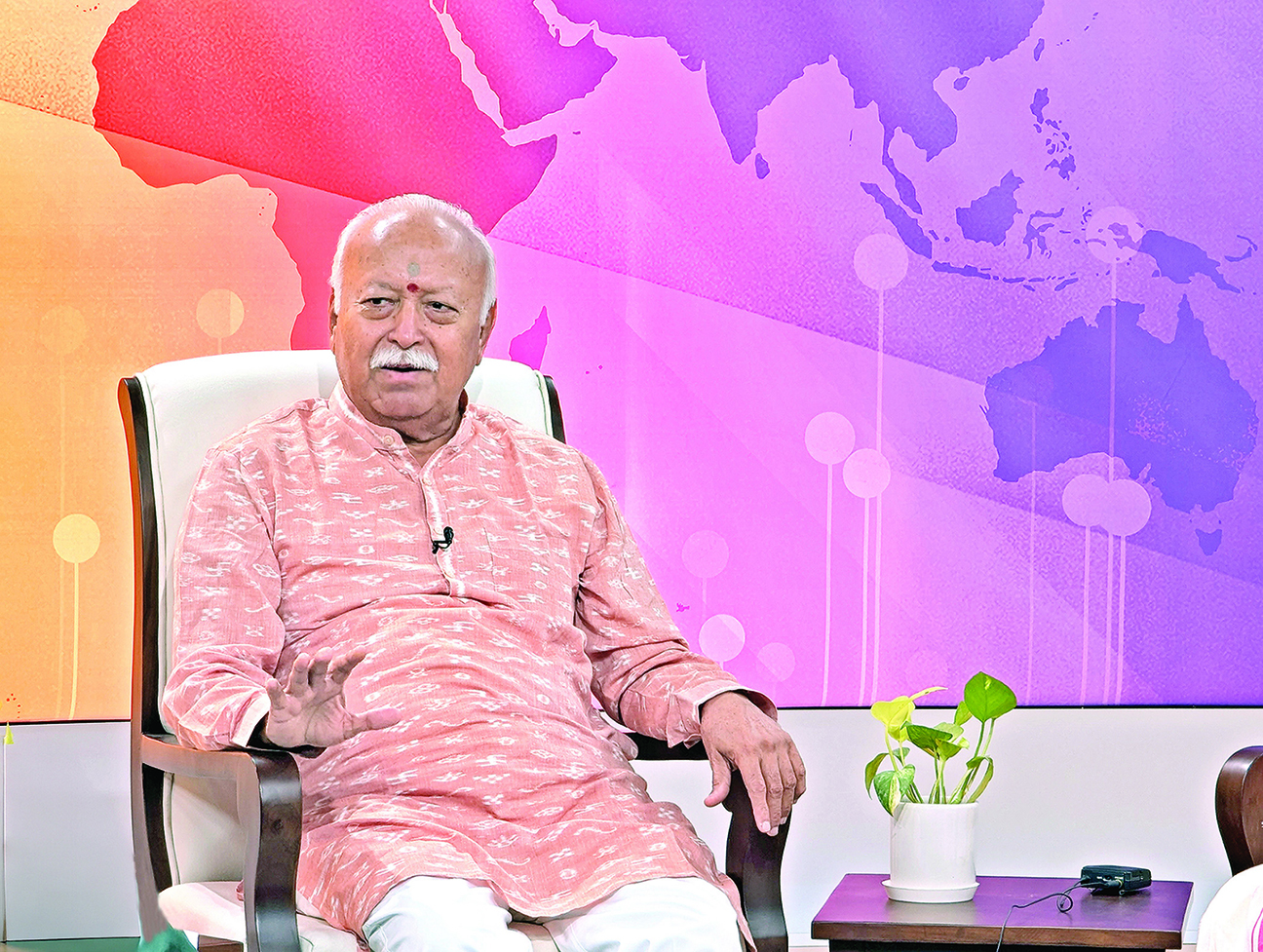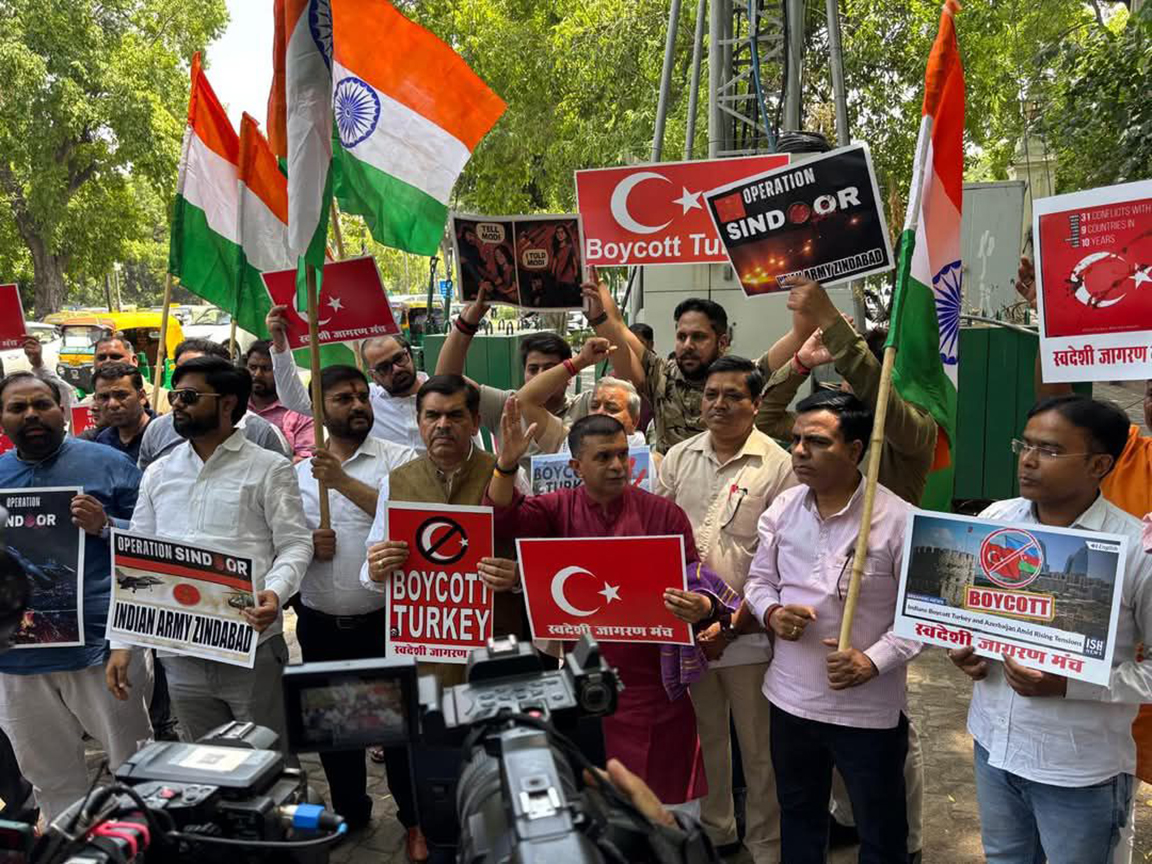Book Review: ‘The RSS Story’ by KR Malkani
Updated: September 18, 2024 17:00
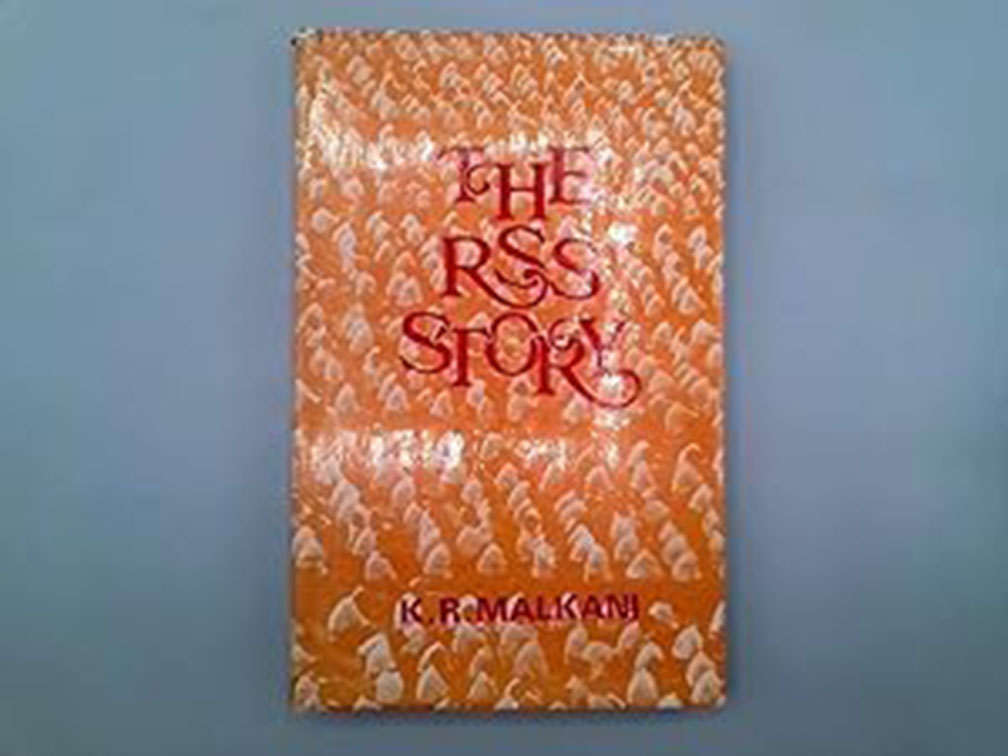
Starting with its founder and first Sarsanghchalak(Chief Mentor) Dr Keshav Baliram Hedgewar, the Rashtriya Swayamsevak Sangh (RSS) has refused to allow the organisation to work for any political party. ‘The RSS Story’ by RSS ideologue KR Malkani, first published in 1980 by Impex India, elaborates on why the RSS doesn’t want to enter politics.
Malkani was the longest-serving editor of the RSS-inspired weekly ‘Organiser’ (during 1948-83) and edited a daily newspaper ‘The Motherland’ during 1971-75.
The book starts with the author chronicling the personal and political journey of Hedgewar. It recounts the genesis of the RSS and the factors that led to its phenomenal growth after two political developments-India’s partition and the Emergency- and the role played by its second and third Sarsanghchalak- MS Golwalkar and Madhukar Dattatreya Deoras-in the trajectory.
In 1948 after the assassination of Mahatma Gandhi, the RSS was falsely implicated banned and its Sarsanghchalak Golwalkar was arrested on the charge of conspiracy of murder. The ban shocked the RSS workers. Many felt that the organisation had to transform and become involved in politics in order to protect itself.
“In 1948, some 17,000 Sangh workers were unjustly detained without trial…Thousands went on fast for weeks because of the treatment meted out to them in jail. While all these excesses were being perpetrated, not one MP nor one MLA anywhere in the country asked one question on the subject. The legislatures were packed with Congressmen and their yes men bent upon crushing the Sangha. Workers, therefore, began to wonder whether Sangha could work in peace in this political jungle and whether a political protective shield was not necessary,” Malkani recounted in the book.
“The Nehru Congress was in a sulk. Socialists and Swayamsevaks were on different wavelengths. The CPI was out of question. And the Hindu Mahasabha was more dead than alive. At this stage, Dr Syama Prasad Mookerji, formerly of the Hindu Mahasabha, quit the Nehru cabinet on the issue of betrayal of East Bengal Hindus. He was also thinking of launching a new party. The two thought currents on the same lines resulted in the birth of Bharatiya Jan Sangh,” he reasoned.
Sardar Patel had very much wanted the RSS workers to join the Congress but a section of Congressmen were opposed to it. In 1949, the Congress Working Committee (CWC) passed a resolution preventing RSS members from joining the Congress. Therefore, when the Jan Sangh was formed, many swayamsevaks gladly joined it.
The Bharatiya Jan Sangh was founded in 1951 by Dr Mookerji along with others. As the Bharatiya Jan Sangh grew, some people began to ask questions about its relationship with the RSS.
Shri Guruji, as Golwalkar was fondly known, had to tell Dr Mookerji who often sought counsel and cooperation from him that the RSS could not be drawn into politics. “We met often and discussed all relevant matters. Naturally I had to tell him that the RSS could not be drawn into politics, that it could not play second fiddle to any political or other party, since no organisation, devoted to the wholesale regeneration of the real, that is cultural, life of the Nation, could ever function successfully if it was to be used as a hand-maid of political parties,” the book quoted Shri Guruji’s article published in the Organiser on June 25, 1956. Dr Mookerji agreed with the position taken by the RSS and also opined that the new political party also could not be made subservient to any other organisation. With the agreement on these fundamentals as to the relations of the RSS and the proposed party, the other aspect to be considered was the idealism to which the party would be devoted.
Malkani gives some interesting insights into the post-emergency eraIn 1977, Bharatiya Jan Sangh along with other parties opposed to Indian National Congress had merged and formed Janata Party. Janata Party collapsed in 1980 and Indira Gandhi made a come back.
“Jagjivan Ram (Janata Party leader) said that Janata Party had lost in 1980 because RSS had not worked for it. He even went on to allege that RSS men had worked for Congress-I success. It was quite a situation- if Sangha Swayamsevaks worked for Janata (Party) they were accused of dominating it. And if they didn’t work for it, they were accused of sabotaging it,” Malkani remarked.
“The fact of the matter is that such RSS workers.. interested in elections, worked for Janata candidates because of their association with many of them particularly during the Emergency. But many of them had been alienated by the Janata..Many Janata leaders seemed to look upon a Sangha Swayamsevak as an umbrella, to be used in sun and rain and then tucked away in an obscure corner to gather dust. This is not the position that any political worker will accept. Small wonder many of them worked half-heartedly or not at all. RSS has always stood apart from political parties. Its eye is not set on the next election but on the next generation. It is not interested in power politics but in the unity and integrity, the power and prosperity of India,” wrote Malkani, who went on to become the Lieutenant Governor of Puducherry in 2002. He was a Rajya Sabha member from 1994 to 2000.
This book, even after four and a half-decade of its publication, comes across as one of the authentic texts that can help the readers to understand the functioning and ideology of the world’s largest voluntary organisation. It also explains the evolution of the RSS’ worldview of politics.
(The writer is a senior journalist based in New Delhi, India)

